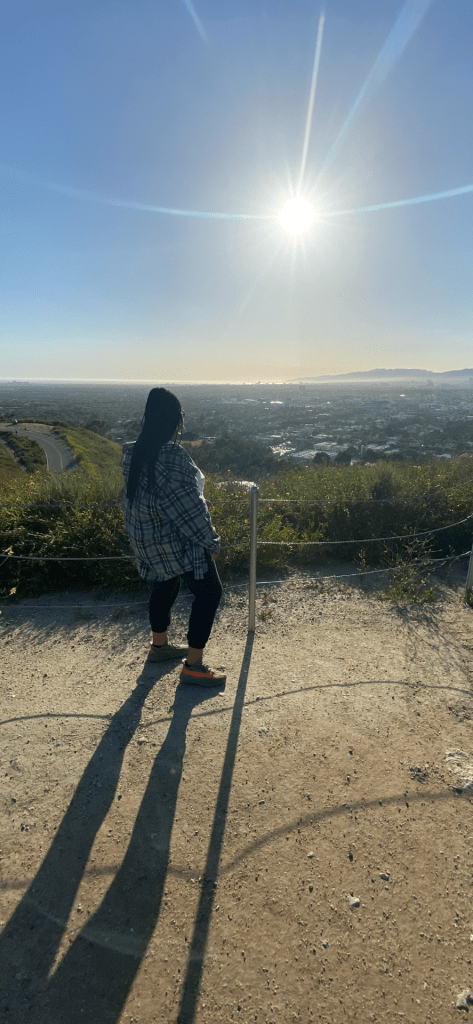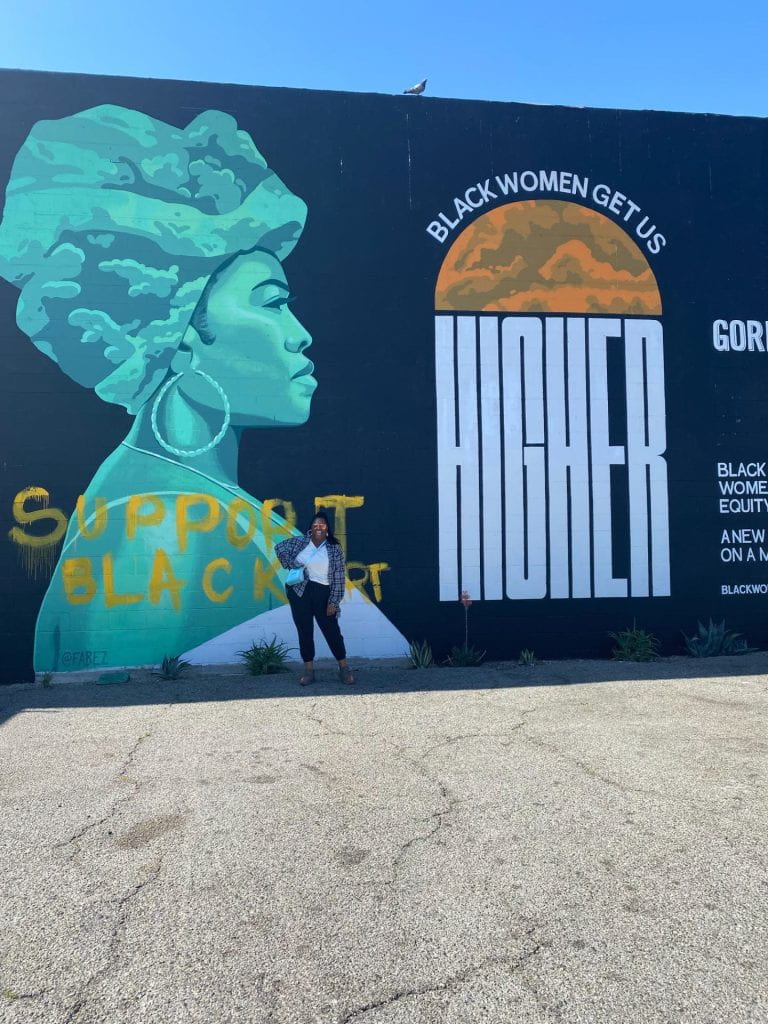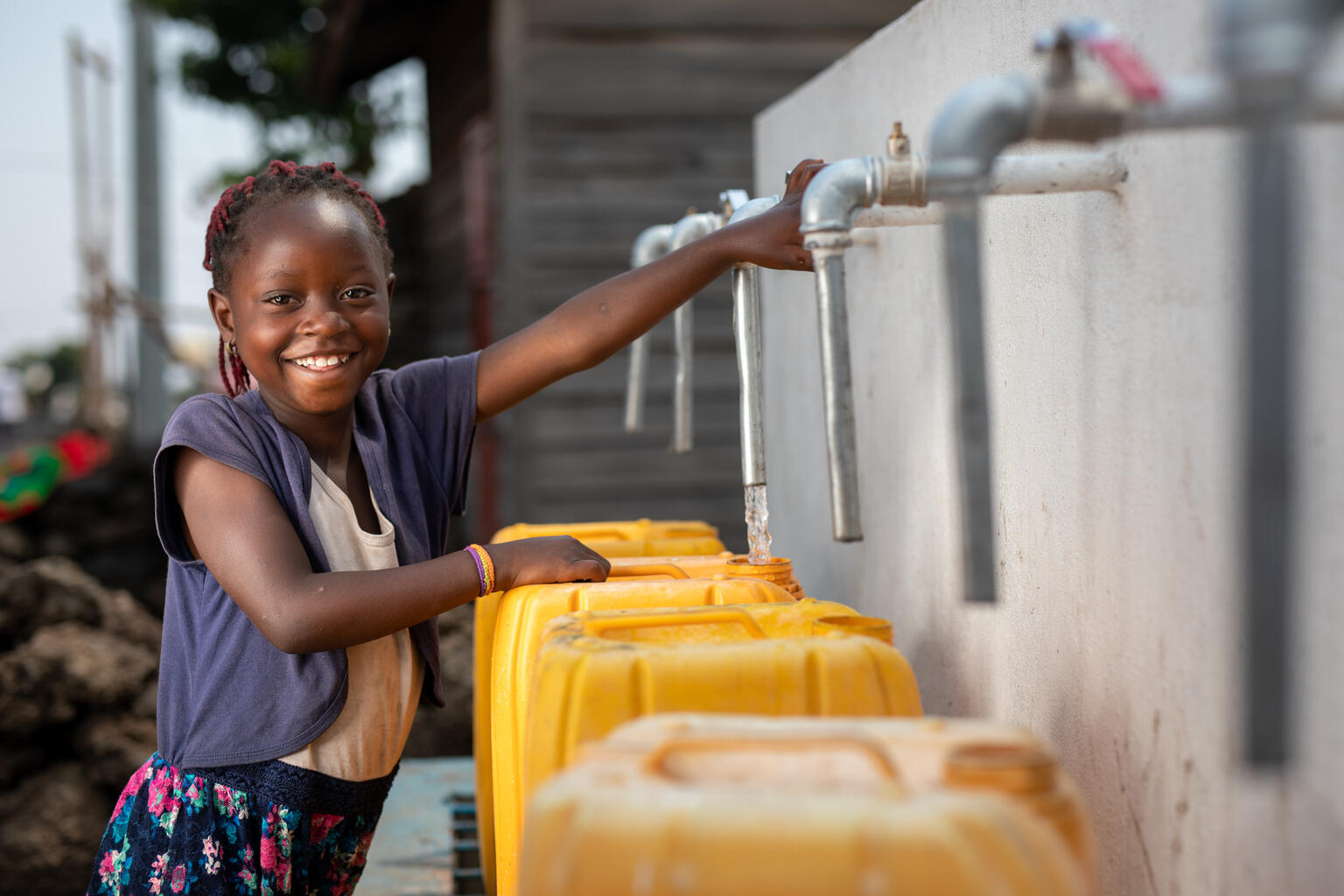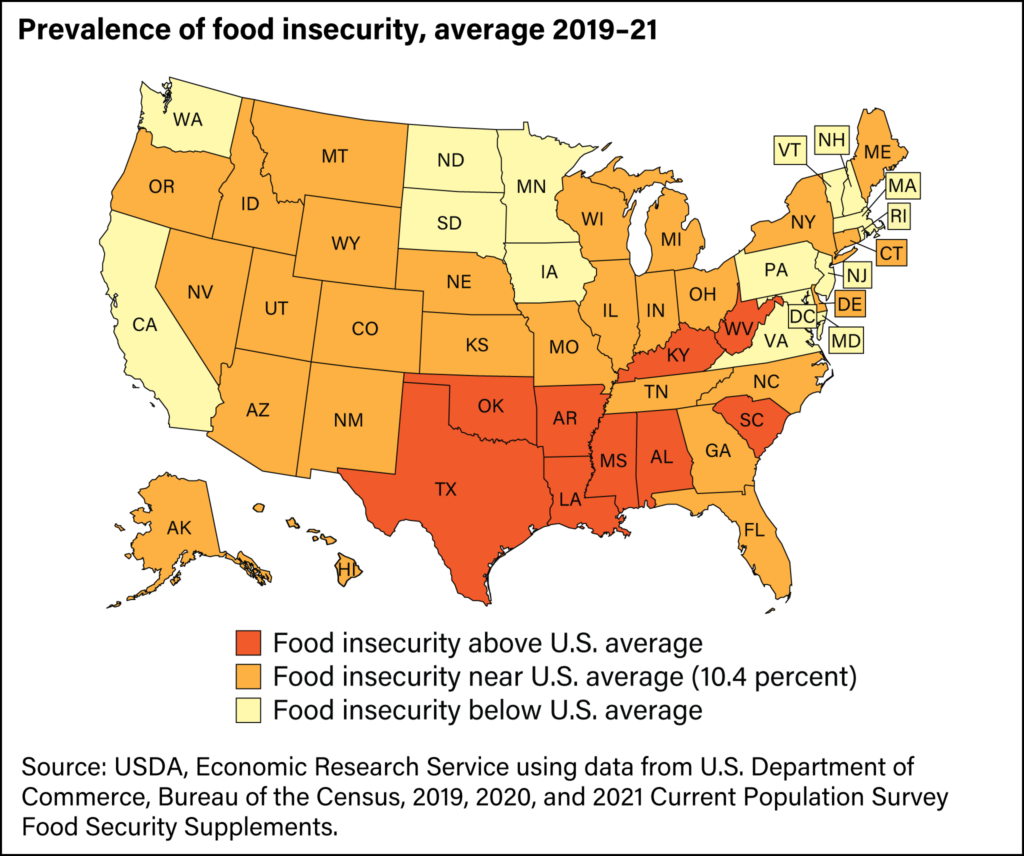Many ecofeminists like Greta Gaard see animals and humans very similarly, for instance “from an ecofeminist perspective, speciesism is a form of oppression that parallels and reinforces other forms of oppression. These multiple systems of racism, classism, sexism, speciesism are not merely linked, mutually reinforcing systems of oppression: they are different faces of the same system” (Gaard, 20). We have studied and learned about how women are harmed at large under various forms of oppression and elements of hyper capitalism, now when we examine non-human animals we can start to understand that they also can experience the same levels of oppression.

I think it’s important to note that oppression was given a very reliable and clear definition this week… From Gaard’s article, “Ecofeminism on the Wing” another feminist writer, Marion Young describes oppression as a “condition in groups” and with groups there are different types of oppression, Young breaks them down to, “ exploitation, marginalization, powerlessness, cultural imperialism and violence” (Gaard page 20). When it comes to an ecofeminist perspective on non-human animals, key elements that ecofeminists address is that speciesism is just as relative as any of the widely known “isms” and within that non-human animals are still susceptible to the conditions that oppression brings that Young described.
Power: There is a large population of this country that eats non-human animals. Around the time of me visiting the Animal Kill Clock there had been roughly 8.1 billion non human animal deaths this year. As a meat eater who knows that the food and agriculture industry could be safer and more ethical. This number was alarming to me because we are only just now at the end of February. Non-human animals do sit at the bottom of our social hierarchies. I say this somberly but with more awareness moving forward. In Gaard reading, power dynamics were at play greatly. The writers brought home this idea that non-human animals don’t necessarily consent to the treatments and experiences that go through to be food in our food system and for human consumption because, “transfer of energies from one group to another to produce unequal distributions and surely the labor of wild and domestic nonhuman animals. their reproduction and their bodies as well have been exploited by humans” (Gaard page 20). And like Curtin addresses under perspectives of moral vegetarianism, “I cannot refer to an absolute moral rule that prohibits meat eating under all circumstances” (Curtin Page 1). Curtin perceives non-human animals in their analysis of vegetarianism and the importance of when it would morally be okay to exhibit any oppression to non-human animals. What’s more is that Curtin elaborates on the effects of speciesism when “ethics of care” are considered for non-human animals as it relates to the cultural imperialism element of oppression that is bound to happen between human and non- human animals in this food system. Like in Japanese culture there is , “Shinto ceremony that pays respect to the insects that are killed during rice planting” ( Curtin page 2). The ceremonies are an amazing example of the idea that ultimately while trying to keep humans fed in Japanese society smaller less powerful creatures are killed, this awareness and homage from the dominant group will go a long way for the oppression and ethics of care for non-human animals.
Gendered Eating:
Example 1: Man and woman are out at dinner, women order a salad, man orders a steak.
Explained: Men are seen as needing to be more masculine and strong. So when it comes to eating and especially in an intimate setting like a date with a woman he will socialize to present and order something heavy and strong like red meat. Women are seen as feminine and dainty so they would be conditioned to order something light and subtle like a salad.
Example 2: Women wash dishes after a long day, men watch t.v. after dinner and unwinds.
Explained: Women are seen in domestic roles under patriarchy. So for a woman to be taking care of the dishes and the home as a form of unpaid labor, this would be the norm.
Image: At first glance I assumed the image above was of pillsbury dough boy, a mascot for a bakery company. After further examination I see the small white figure cutting through meat with two knives. I think this image was chosen for this week because we were all discussing how deep vegetarianism and ecofeminism runs. In my opinion if the white figure in suppose to represent pillsbury dough boy, a baking goods company, then replacement of dough with meat symbolizes the treatment of non human animals in this society.
 vacations and work trips to places that are also classified as towns in cities. While my time in Massachusetts has really informed my disposition in this world. It isn’t my place, I took a trip to Los Angeles in April of 2022 and it changed my life. The revelations that I came to greatly shifted my world. What resonated with me on this trip was that my professional career had truly taken over my life. I was living to work.
vacations and work trips to places that are also classified as towns in cities. While my time in Massachusetts has really informed my disposition in this world. It isn’t my place, I took a trip to Los Angeles in April of 2022 and it changed my life. The revelations that I came to greatly shifted my world. What resonated with me on this trip was that my professional career had truly taken over my life. I was living to work.



